
I’ve been quite silent lately, but let's pick up where I left off… Over the past few months I have done various things. So in this blog I will try to recap what I’ve been doing, starting with a brief explanation of my overall experience in Norway as a SEED participant, which was nothing short of transformative. Secondly, I will talk about the work I have been doing in Malawi during the past two months after my time in Norway. Then I will finish with a way forward, and what I am planning to do in the next few months in Malawi.

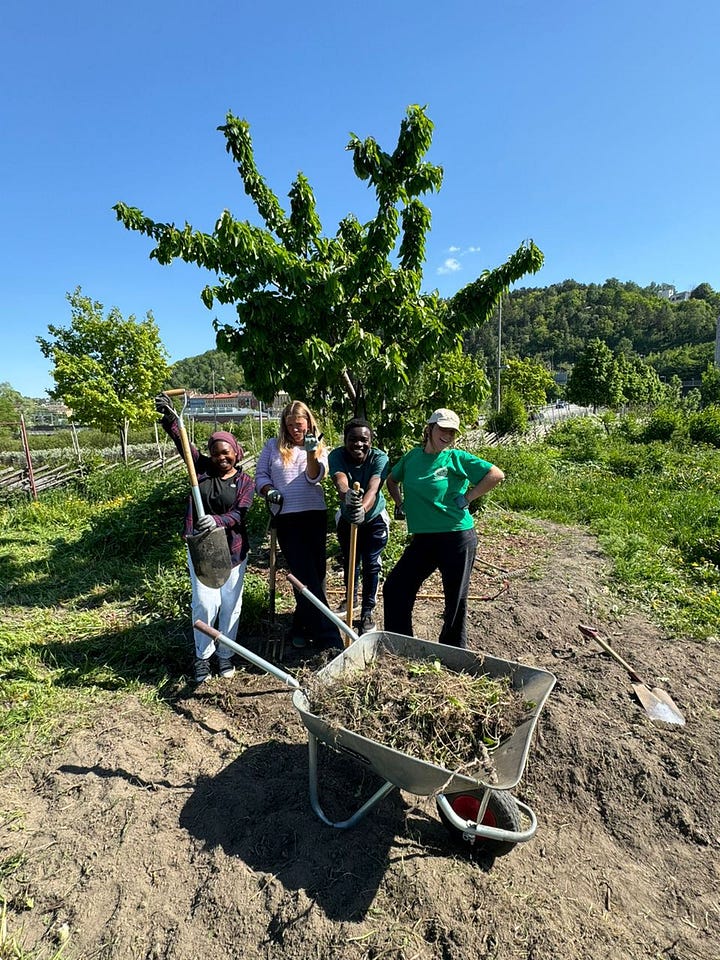
Lessons from Norway
Reflecting on the lessons learned, skills acquired, friendships made, and growth achieved, I am filled with gratitude and excitement for the journey ahead. The whole exchange program was an eye opener for me, both for my personal and my professional development. During the exchange program I learned a lot of things through my fellow participants, the farms and high schools I visited, and all of the many people I had the pleasure of meeting. Through the program I have learned how climate education and raising awareness is so important among young people in both countries. In Malawi, climate education is important because it not only gives room for young people to be innovative and creative, in order to find the solutions to the crisis, but it also gives them the right information on how they can adapt and be resilient facing this crisis. While in Norway, raising awareness about climate justice is important among young people because they do not directly experience the effects of climate change, and their focus is very much on economic growth as they burn through fossil fuels in the name of progress. My exchange program in Norway was a whirlwind of new experiences and invaluable lessons. Through the stories that I was sharing in these schools, like about the effects of climate change in Malawian communities such as floodings, droughts, and cyclones, it was clear that the Norwegian children could share our concern. I can see that if we keep up with raising awareness in their schools, I believe we can build leaders who will be climate conscious.
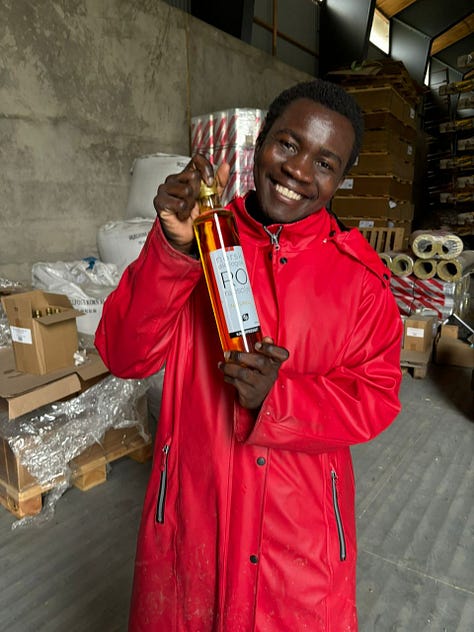
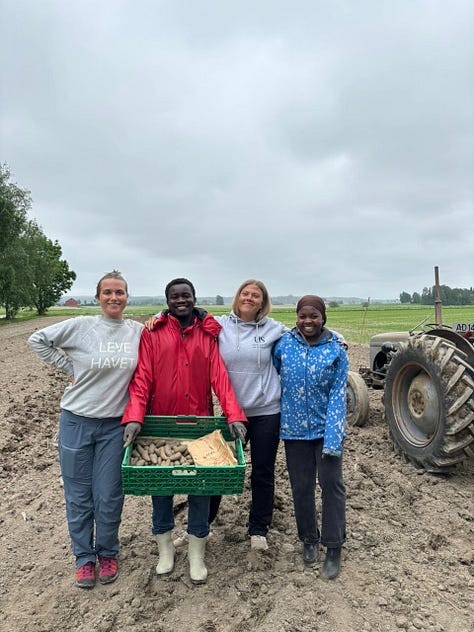
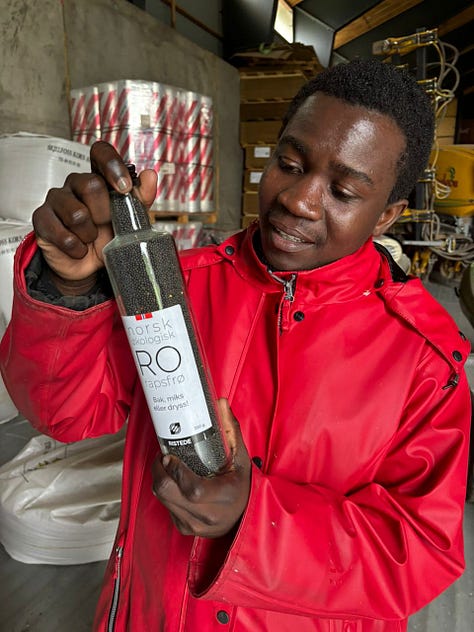
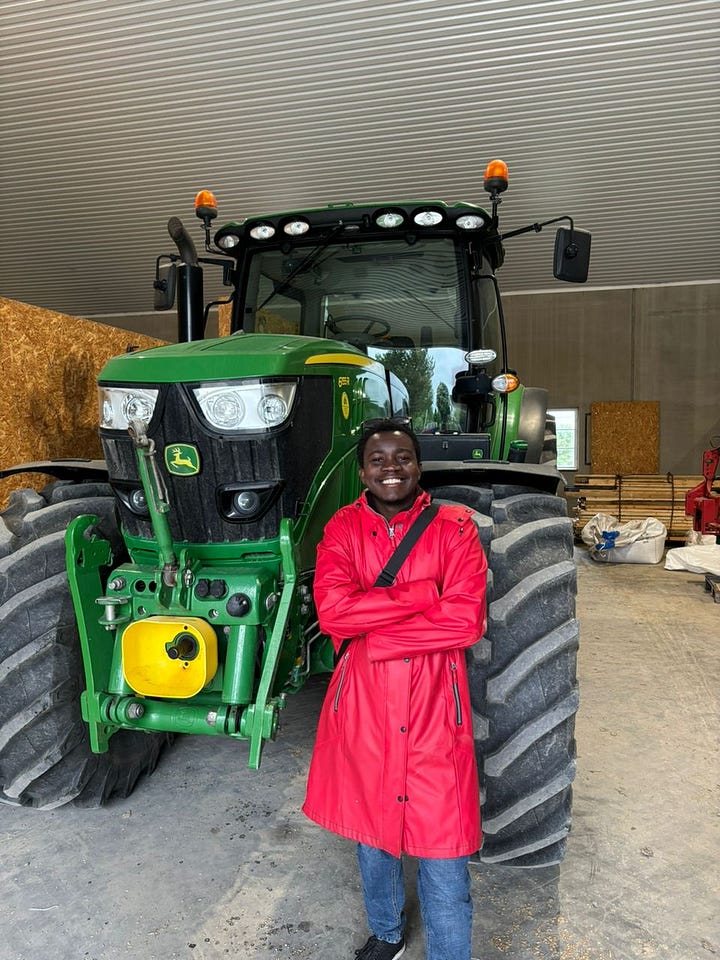

Through the exchange program I also developed unique skills that are good for my personal and professional life. Norway, a country in the Global North, and Malawi, a country in the Global South, are worlds apart. Almost everything is different: food, dressing, language and work ethics. I have seen how adaptable I have become, as well as coming more patient in doing things. The most important personal skill I have developed is time management. Norwegians are very good with time management and throughout the program I was instilled with that work ethic. I have promised myself that I will water this skill everyday so it does not die… During the program I had to do a lot of presentations in schools and with civil society organisations, so I have also developed my public speaking skill, together with facilitation skills. I am able to facilitate climate education sessions, and even stand in front of people either in the presenter role, or taking part in a panel discussion.
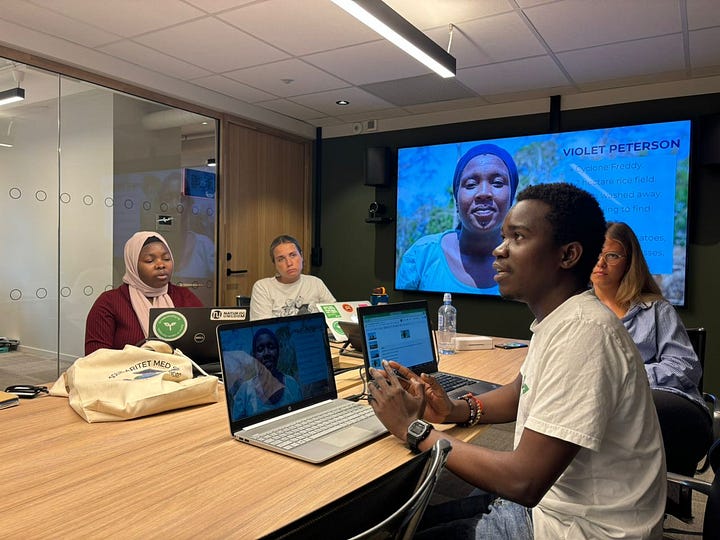

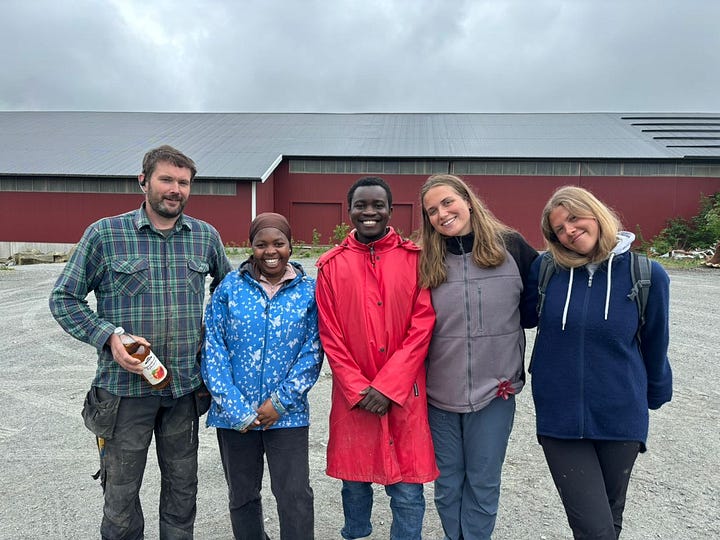
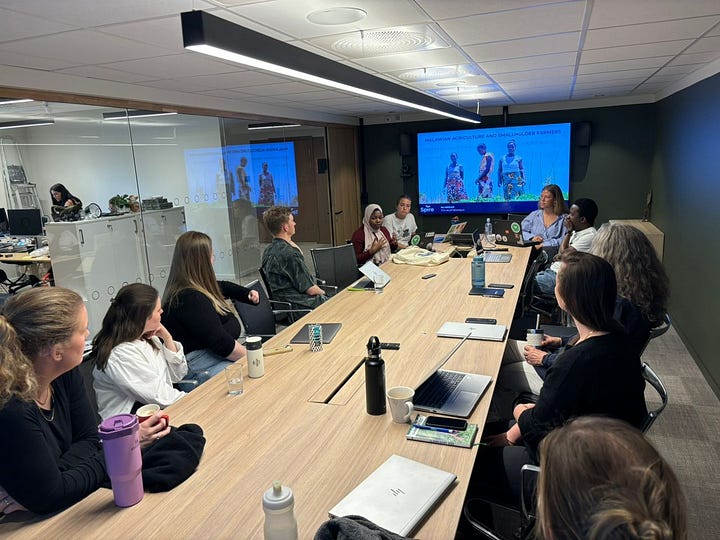
There are a lot of things I found interesting in Norway as I was interacting with people, observing the things around me, and engaging in different activities. Most of the food in Norway is imported from other countries such as Brazil, Peru, Madagascar Denmark and Spain, because Norway is one of the countries with the smallest amount of agricultural land (only 3% of total land in Norway is used for agriculture). This is due to the complex topography of mountains, fjords, lakes and forests dividing it. Moreover, the difference in climate and landscape between the south and the north of Norway induces a disconnection between the agricultural lands. Despite these obstacles, Norwegians are still finding ways to be self-sufficient in food production, and they are interested in topics like food security, food sovereignty, and peace.
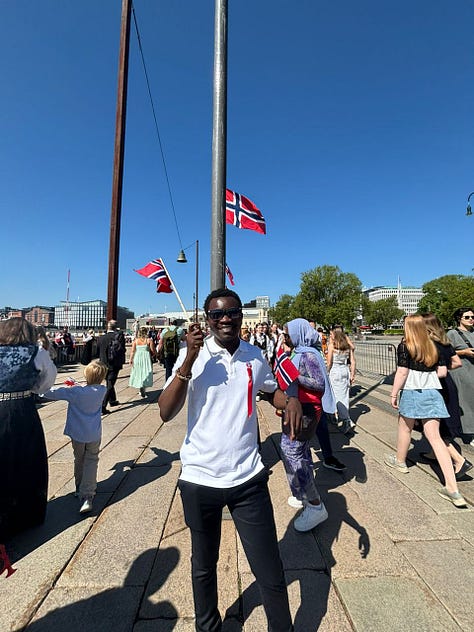

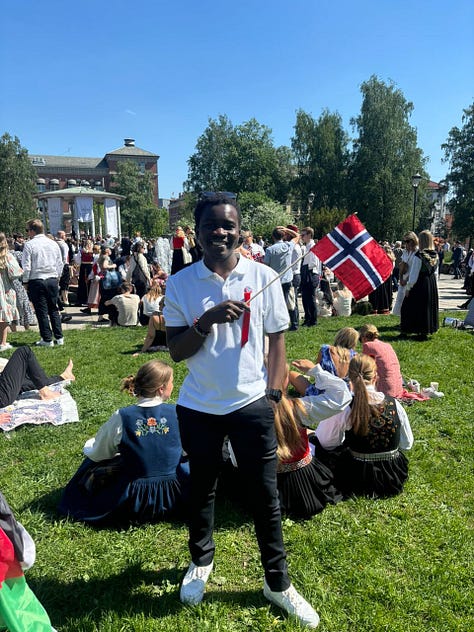
Recent Endeavors
Since I returned from Norway I’ve been working with the Point of Progress organisation, the organisation that recruited me for the SEED program. I have been actively involved in follow up work for the program. Before we went to Norway with my fellow participants we did a couple of activities such as hosting climate justice workshops with secondary schools and university environmental clubs, and planting trees. So during this follow up work we first gave a presentation to the staff at the Point of Progress organisation where we highlighted the activities we were doing, lessons learned, and skills acquired during the program. Then we worked on monitoring the growth rate and survival of trees we had previously planted at Mseche community day secondary school. The trees are doing very well, especially the mango trees, and it seems like the soil type is a good choice for mango because we also planted avocado peas and they didn’t do so well. We also wrote a newspaper article that we want to publish that talks about our journey in Norway, and pays special attending to the brochure that we created called “Climate Injustice: Perspectives from Farmers in Malawi”. I will write a blog about this project in the near future, but for now you can read the brochure here: Climate Injustice: Perspectives from Farmers in Malawi.

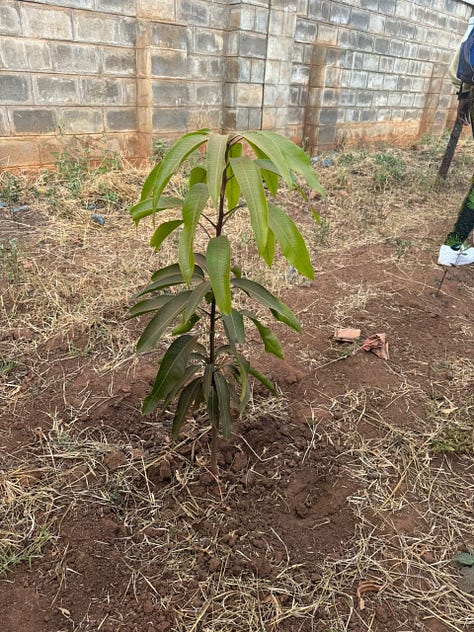




We have also been busy organizing and hosting an online conference on climate justice with an aim of amplifying the roles of young people, as well as their initiatives and perspectives on climate justice, and offering them a platform for learning, dialogue, and action. The specific objective for this conference was to equip young people with knowledge, skills, and tools to contribute effectively to climate resilience initiatives within their communities. We also wanted to give youth the space to exchange experiences, best practices, and innovative ideas among youth leaders in Malawi. 214 young people signed up for the meeting, and although only 50 of those showed up for the actual conference, we still considered it a success. I have also been exploring opportunities to merge my passion for advocacy with practical skills in project management, as well as applying for green grants and climate conferences.

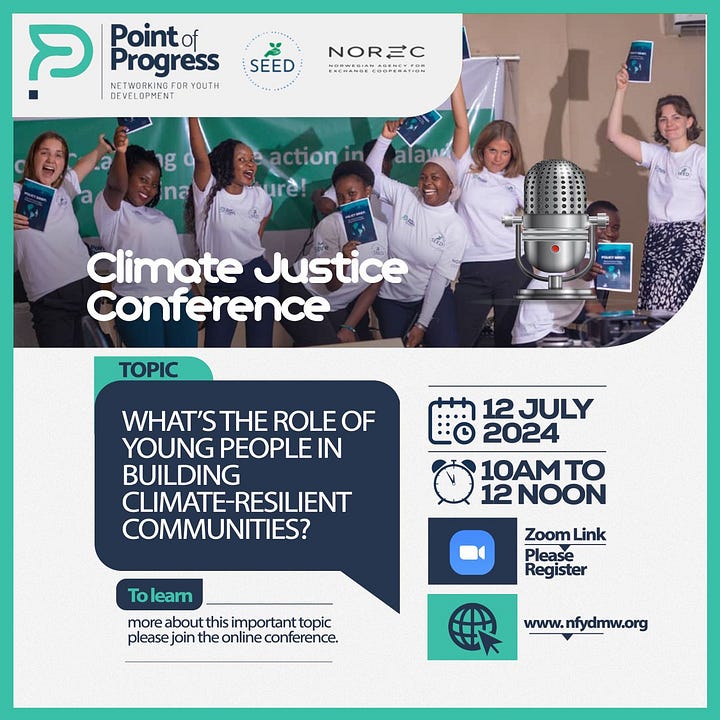
Looking Forward
I am so excited that I’m back in Malawi, and looking ahead also motivates me. My next chapter will present an opportunity to apply the lessons learned during my exchange program in Norway. I'm particularly eager to start an initiative called Initiative for Children on Climate Change (ICCC). Climate change poses serious threats to children’s wellbeing, health, education, and future prospects. Children are disproportionately impacted by the effects of climate change, yet have limited ability to influence policies and actions to address it. Empowering children with knowledge, skills, and platform to take climate action is crucial. Therefore, I have recently shown interest in advocating for children’s right to clean, healthy, and safe environments, with a special focus on climate change. That’s why I am looking forward to launching this initiative to educate children and support child-led projects and social innovation for climate action in schools.
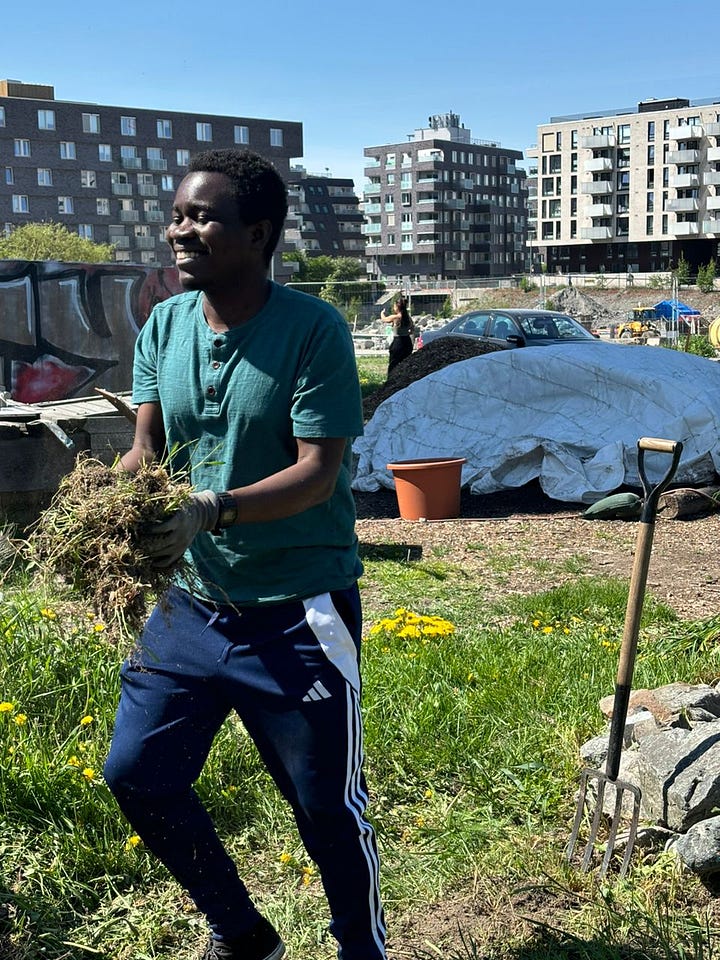
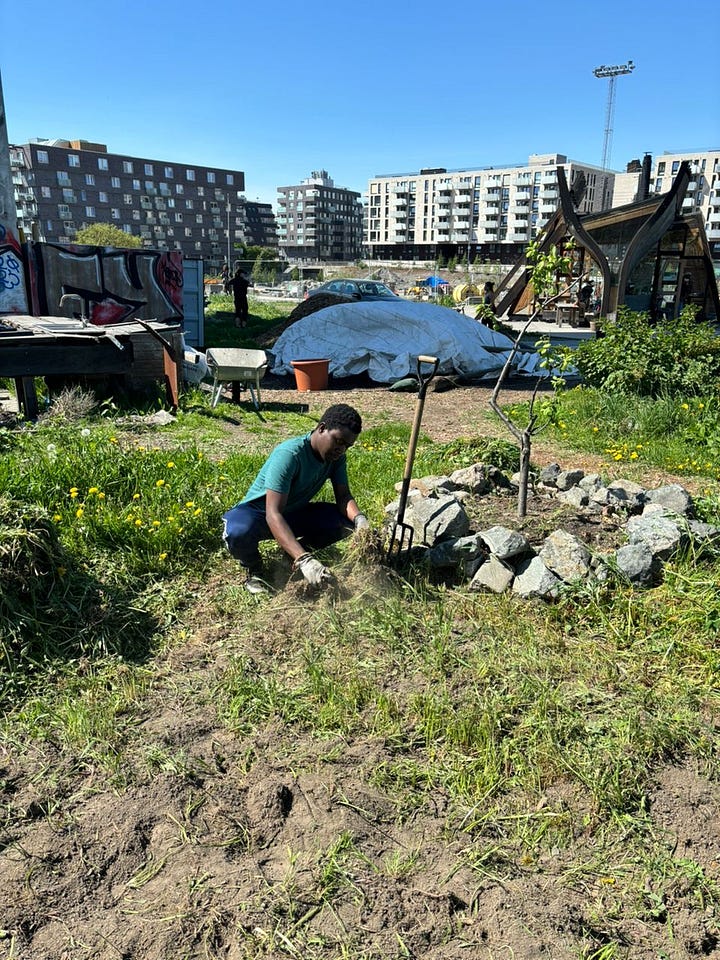
I am also looking forward to start a #ThinPlasticsMustGo! campaign related to the thin plastic bags ban issue. I will come with a blog post on this issue because its an issue that is trending in Malawi right now. So this campaign will aim at calling all companies that took a fresh injunction against the banning of thin plastics to lift their injunction for a greener and cleaner Malawi. I am also looking forward to engaging myself in different activities pertaining to climate change weather workshops and climate conferences.
Thank you for reading Malawi’s Call. I’m looking forward to sharing more of my journey with you.
Don’t forget to subscribe if you haven’t already!



